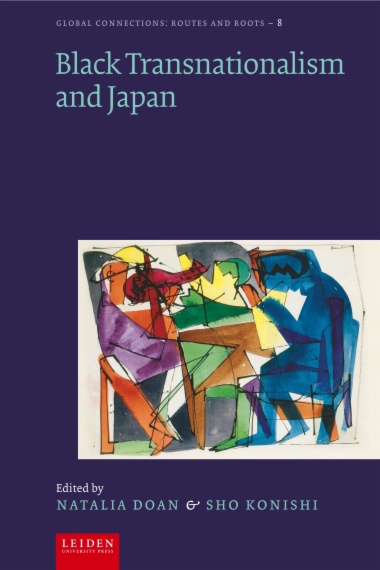Since before the American Civil War, African American and Japanese encounters produced relationships and discourses of knowledge that transcended Eurocentric conceptions of civilization and hierarchies of personhood. Black Transnationalism and Japan introduces the diverse activity and intellectual movements created, shaped, and led by Japanese and African American people. While some Pan-Asianisms and Pan-Africanisms urged a uniting of colonized spaces against the colonizer, and were often expressed in the form of decolonization movements, this volume introduces various transnational phenomena that transcended such dichotomies. Black American-Japanese transnational encounters often occurred on the non-state level from within the two new competing empires of America and Japan. Such transnational encounters reveal not only heretofore hidden historical actors, friendships, and solidarities, but also innovative cultural productions that challenged hierarchies of race, culture, and imperialism.
- Cover
- Table of Contents
- List of Contributors
- Acknowledgements
- Editors’ Introduction. Black Transnationalism and Japan: Concepts and Contours
- Natalia Doan and Sho Konishi
- Chapter 1. Solidarity with Samurai: The Antebellum African American Press, Transnational Racial Equality, and the 1860 Japanese Embassy to the United States
- Chapter 2. From Peripheries to Transnational: African Americans in Japan’s Identity Formation, 1872–1940
- Chapter 3. Playing Changes: Music as Mediator between Japanese and Black Americans
- Chapter 4. Interracial Friendship Across Barbed Wire: Mollie Wilson and Lillian Igasaki
- Chapter 5. The Transpacific Reworking of Race and Marxist Theory: The Case of Harry Haywood’s Lifework
- Yuichiro Onishi and Toru Shinoda
- Chapter 6. My Journey into Black/Africana Studies: Knowledge Should Be Power to Unite Us
- An Interview with Furukawa Tetsushi
- Bibliography
- Index

